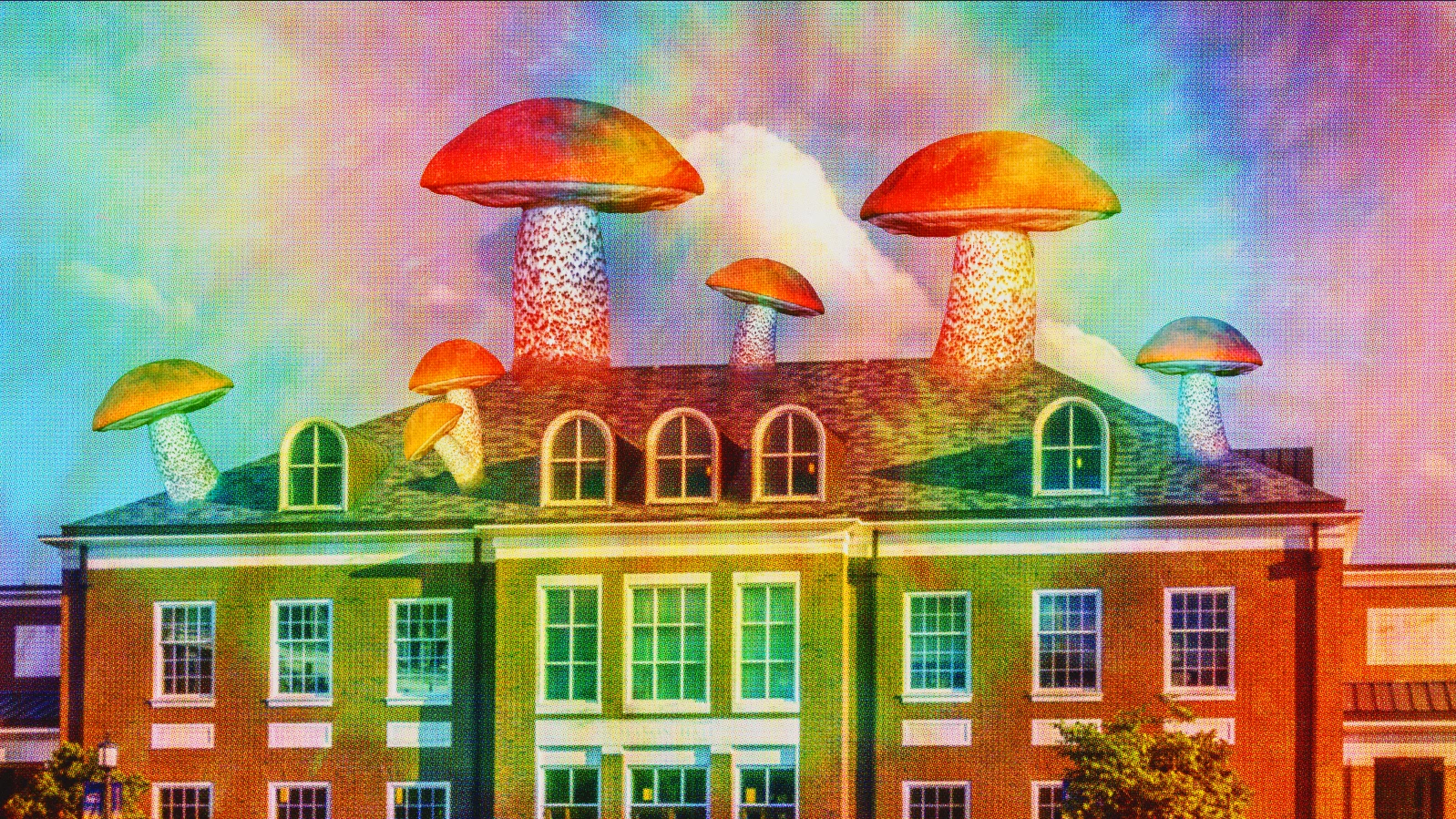By Gabriel García January 5, 2024
The National Law Review has published an article on the legal status of psychedelics in the United States through 2023. The article, entitled “2023: A Good Trip Around the Sun for Psychedelics” and written by attorneys Michael C. Littenberg and Sarah E. Aberg of Ropes & Gray LL, reviews not only the milestones, but also the future of psychedelics.
As you probably know, psychedelics are substances that alter perception, mood and thought, such as LSD, psilocybin, ayahuasca and ketamine. These substances have been the subject of scientific and medical research for their potential therapeutic benefits in treating various conditions, such as depression, post-traumatic stress disorder, anxiety and addictions. However, most psychedelics are classified as Schedule I controlled substances under the federal Controlled Substances Act (CSA), which means they have a high potential for abuse and no accepted medical use.

In recent years, however, there has been a shift in social and legal attitudes towards psychedelics, driven by scientific advances, legislative initiatives and advocacy campaigns. The article highlights some of the most relevant milestones that occurred in 2023 in relation to psychedelics, both at the federal and state level.
At the federal level, The National Law Review mentions that:
- The Food and Drug Administration (FDA) granted breakthrough therapy designation to two psychedelic-based treatments: psilocybin for treatment-resistant major depressive disorder and MDMA for post-traumatic stress disorder.
- The Drug Enforcement Administration (DEA) announced that it would allow more entities to register to grow marijuana for research purposes, which could facilitate access to other controlled substances for scientific purposes.
- Congress introduced several legislative proposals to decriminalise or regulate psychedelics, such as the Psychedelics and Marijuana Research Act (PRIME), the Sacred Plants Decriminalisation Act (SPEAK) and the Cannabis Reform Act (CARA).

At the state level, The National Law Review notes that:
- Several states passed laws or initiatives to decriminalise, legalise or regulate psychedelics, including California, Colorado, Connecticut, Florida, Hawaii, Maine, Massachusetts, Michigan, New Jersey, New York, Oregon and Vermont.
- Some states created commissions or task forces to study the benefits and risks of psychedelics, such as Illinois, Maryland and Texas.
- Some cities adopted resolutions or ordinances to declare psychedelics as the lowest priority for law enforcement or to allow therapeutic or religious use, such as Ann Arbor, Berkeley, Cambridge, Denver, Oakland, Santa Cruz and Somerville.
Psychonaut Guides expects interest and activity around psychedelics to continue to grow in 2024 and beyond, posing challenges and opportunities for companies, investors, researchers and regulators. The National Law Review article recommends that interested parties keep abreast of legal and regulatory developments in this emerging field and seek specialist legal advice if they plan to engage in psychedelics-related activities. Happy New Year and Merry Christmas to all readers of Psychonaut’s Guides!






